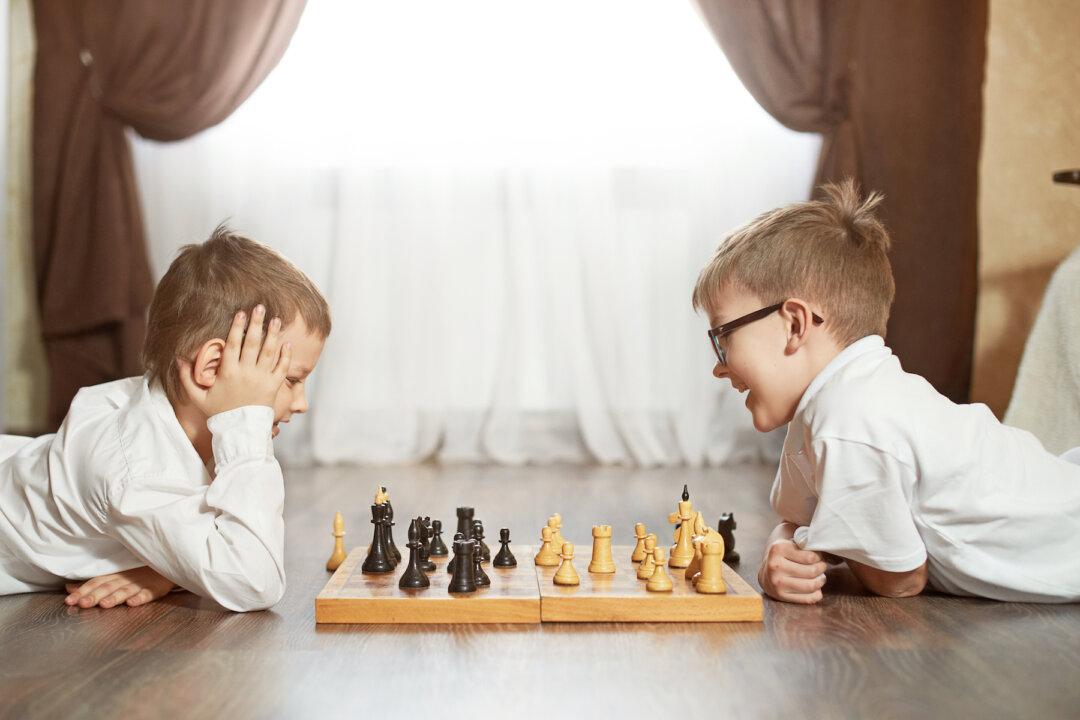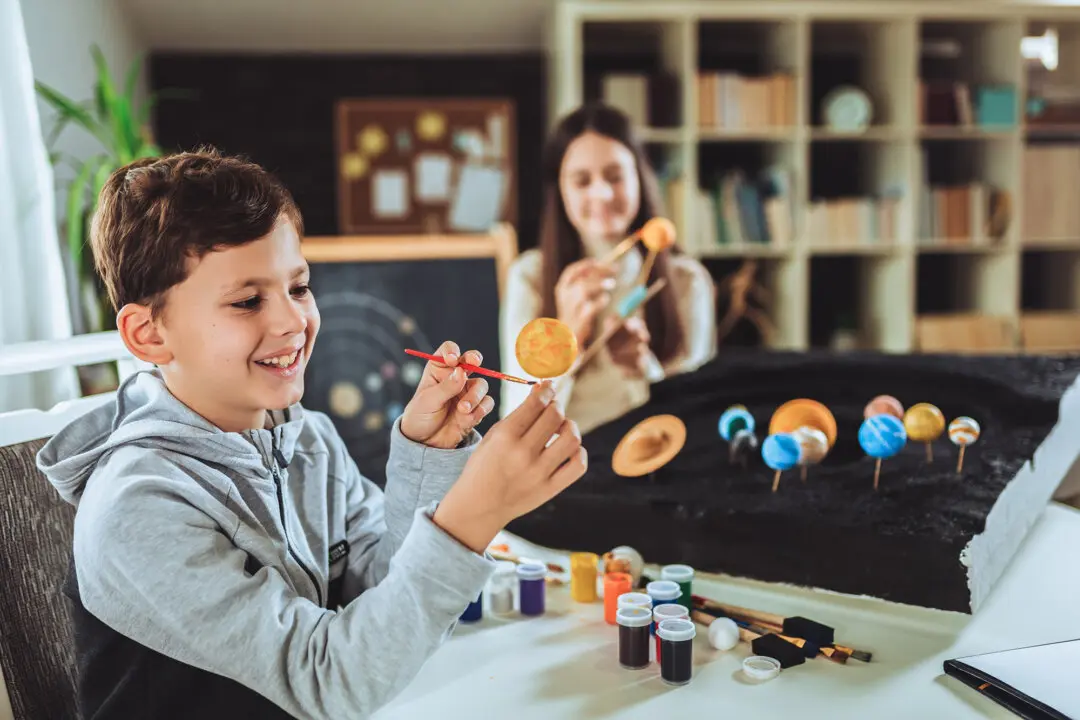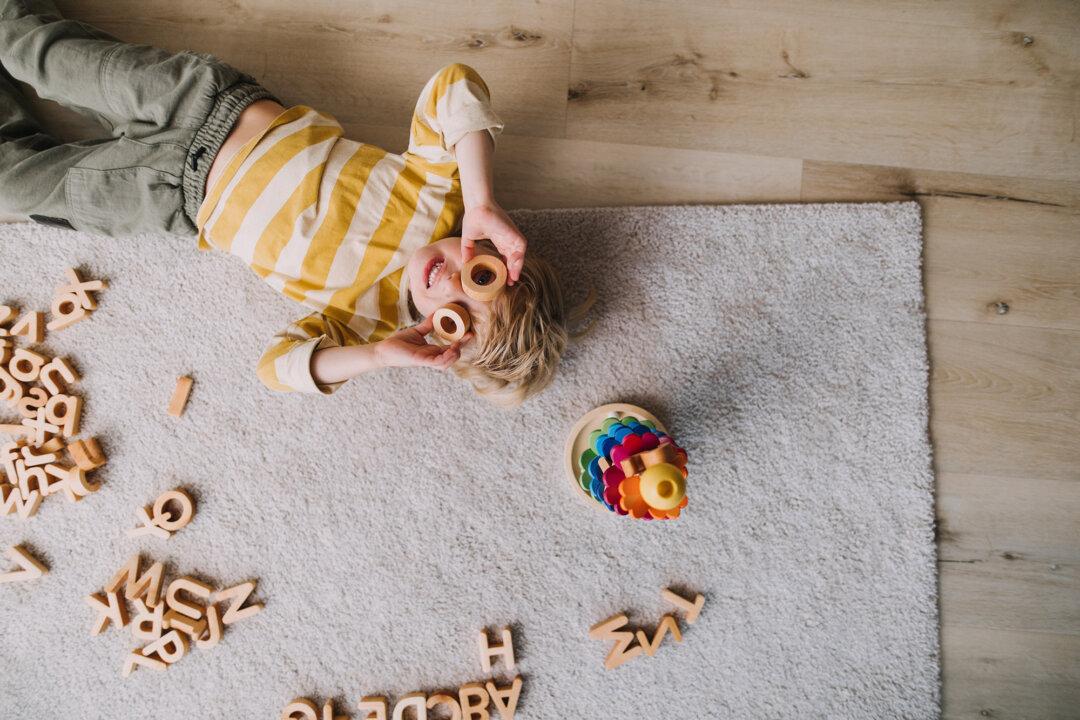As parents, you already know the power of playing games—they teach patience, reinforce how to take turns, help kids practice winning and losing with grace, and strengthen family bonds.
Many homeschoolers have tapped into the power of playing games during school. And, guess what? Gameschooling—using games as a learning tool—is one of the best ways to motivate kids to learn and to help them retain more of what they’ve learned, for longer periods of time.





